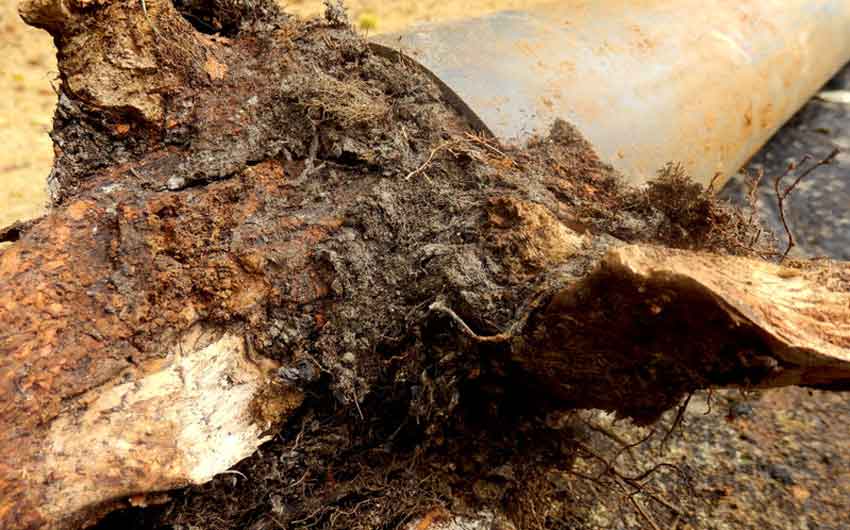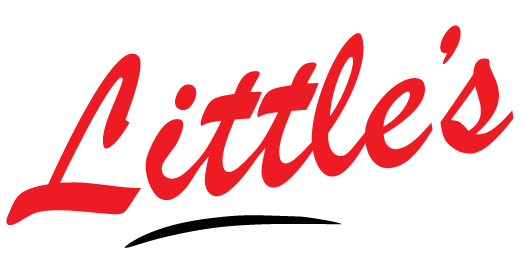
Backups are one of the most common service issues that arise with septic systems. They can be a messy and costly situation for homeowners and are not always easy to identify without professional septic experts.
There are many issues that can led to septic backups. Mechanical malfunctions, pipe invasion, blocked lines, misuse/abuse and capacity issues are just some of what may be causing a septic backup.
Whatever the cause, ultimately a backup means the waste from your home is flowing in the wrong direction. Not only can this cause damage to your home, but it may also pose health risks and other dangers.
Here, we take a look at some common blockage issues:
Septic tank is full
Your septic tank is designed to operate on its own, but that doesn’t mean the system won’t reach capacity limits over time which could then lead to overflows and backups.
Your septic system works to reduce its volume of solid waste; a sludge layer on the bottom of the tank still forms naturally in this process. This is the primary reason your septic system needs to be pumped regularly.
Regular pumping and a good routine maintenance schedule with a septic service professional are the best ways to avoid backup issues arising due to a full tank.
Roots and blocked lines
Some of the most common issues related to blocked lines that can lead to backups — roots — are ones that can be avoided with a little consideration and attention from the homeowner.
Roots can spread in any direction and can invade your septic pipes and continue to expand, leading to pipe blockages, breaks and backups.
Trees and bushes can make for a beautiful aesthetic to your yard, but their rooting systems can invade your septic lines if you are not careful. The best defense is to keep these rooting system away from your septic system. If you do have rooted undergrowth near you septic system, keep a close watch on how the roots spread.
Use of harsh chemicals
Septic system operation relies on natural bacteria (the good kind) inside the septic tank. This helps break down solid waste and allows your system to operate as it is designed to. Disposing of harsh chemicals and household cleaners can kill this good bacteria and cause issues with the system.
Products like motor oil, gasoline and paint should never be poured down a drain or flushed. There are many other chemicals that can also cause harm to your septic system and lead to mechanical issues, blockages and ultimately backups that can bring these chemicals back into your home. This can introduce obvious health dangers.
Your best defense against this happening is to be sure to strictly follow the proper disposal instructions on these chemicals and related products. And again, never send these products down the drain or toilet.
How to protect yourself
We’ve just covered some of the most common causes of problems that occur with septic system backups. Thankfully, you can mitigate much of the potential of these causes with some good septic habits and routines.
Having a regular schedule for professional septic systems inspections is one the most important things you can do. Routine inspections can not only keep your system in good working order, but they can also help identify areas that may lead to issues down the road.
We’ve put together this article with even more important and comprehensive tips to keep your septic system healthy.
Help is just a call away
If you have a septic system, or are thinking about getting one, proper maintenance and a professional service are the most proactive things you can do to avoid messy backups.
Little’s has been providing expert septic service in the broader Ohio, Kentucky, West Virginia Tri-State area since 1963. Contact us now to scheduled your appointment. Call us at 888-548-8570 or send us a message here.

